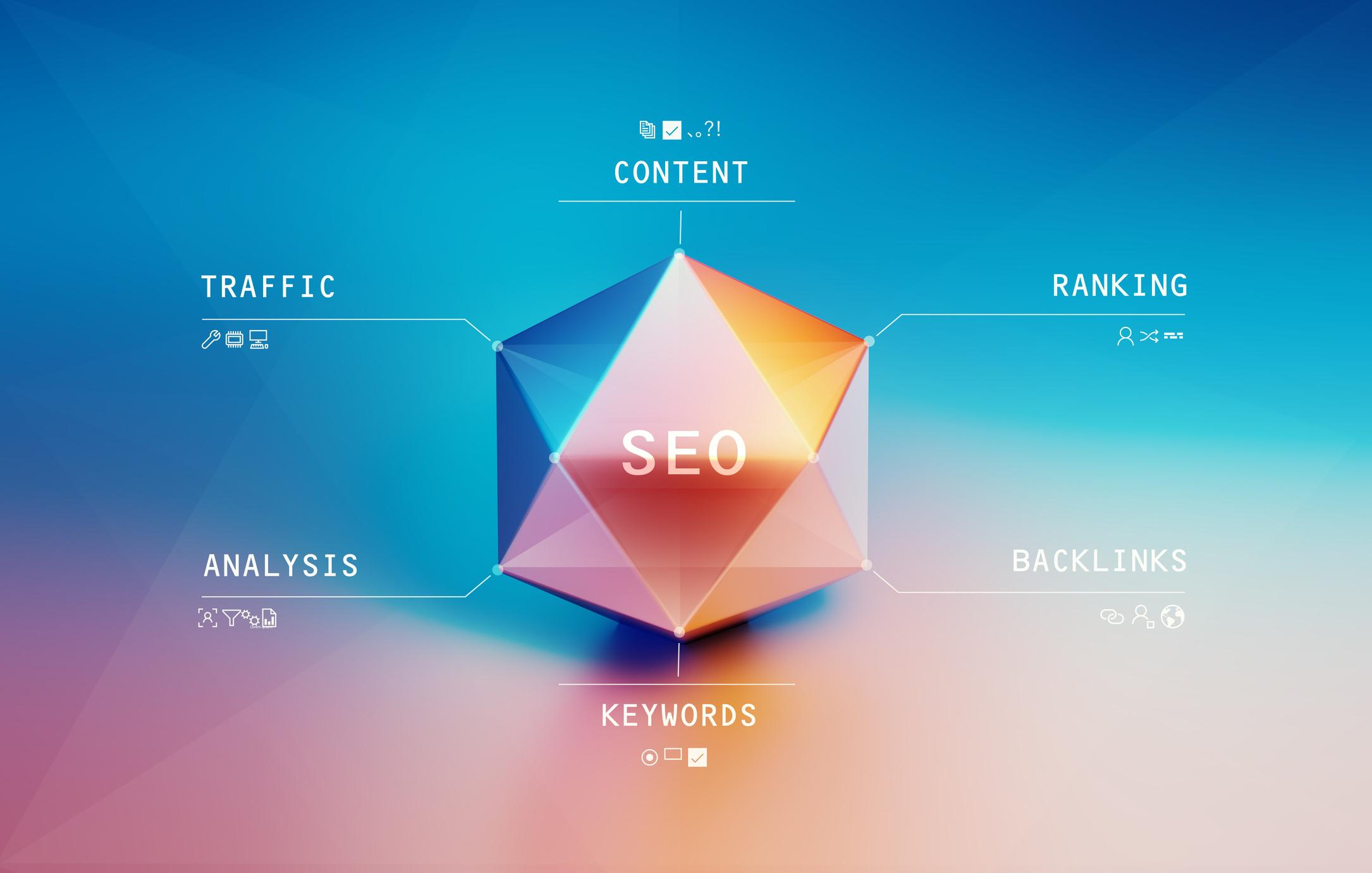Negative Impacts of AI on SEO Efforts
AI is reshaping search engine optimization (SEO) in powerful ways—some good, some not so good. Here are several negative impacts AI is having on SEO efforts:
1. Increased Content Saturation
AI tools make it easy to generate huge volumes of content quickly. This creates:
- A flood of low-quality or repetitive content, making it harder for unique, valuable pages to stand out.
- Greater competition in SERPs, even from websites with less authority or expertise.
2. Search Engine Algorithm Shifts
Google and other search engines are adapting their algorithms to filter out AI-generated content that lacks originality or human value. This leads to:
- Frequent algorithm updates, making it tougher to maintain rankings.
- Penalties or devaluation of sites using AI-generated content improperly (e.g., thin content, keyword stuffing).
3. Erosion of Click-Through Rates (CTR)
With AI-powered featured snippets and tools like Google’s SGE (Search Generative Experience), users often get answers directly on the results page:
- Fewer users click through to websites, even for content that ranks #1.
- Branded traffic and long-tail keyword traffic may suffer as a result.
4. Authenticity and Trust Signals Are Harder to Prove
AI-generated content can sometimes lack:
- E-E-A-T (Experience, Expertise, Authoritativeness, and Trustworthiness).
- Human voice and perspective, which search engines increasingly favor.
5. Rise of AI Spam and Black Hat Tactics
Spammers use AI to:
- Spin content at scale.
- Generate fake reviews, backlinks, or social signals.
This hurts legitimate SEO efforts and pollutes SERPs with junk.
6. Local SEO Confusion
In local search, AI-generated content or fake listings can cloud genuine business info, causing:
- Inconsistent business listings.
- Fake competitors showing up in map packs or directories.
The good news is, there are ways you can safeguard your SEO efforts against these challenges! If you want to learn more, reach out to us!

